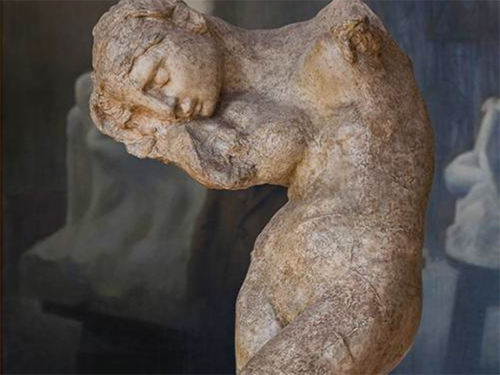
Gail Goleas wonder’s if you feel the same way as she does about products advertised with a lifetime guarantee. She asks, “Does that guarantee refer to the product’s lifetime or the company selling it? Is it guaranteed as long as I live? As nice as it would be for my purchases to be unconditionally guaranteed, I won’t count on it. When it comes to our life, there are even fewer assurances. Jesus reminds us of that in today’s gospel. He does not promise us freedom from pain. He doesn’t gloss over the fact that we will all face hardships. It is clear that suffering will be ours to endure. That is not comforting, and I would rather not dwell on it. But I must. When troubles do come, as we know they will (and pray they won’t), Jesus urges us to be courageous.” How do we get so confused today that we fail to understand what he has conquered? So many of us strive to find joy and happiness in conquering the world so we might gain its riches and thereby find our joy and happiness. C.S. Lewis notes in “Surprised by Joy” that true joy is the ache for something beyond this world, like those little moments in life when the light falls in just a certain way on a summer evening that it stirs within you a deep longing that’s hard to define. Earthly pursuits cannot fill the void. The quest for true joy and happiness is connecting to something, not of this world, and that would be the movement of the Holy Spirit in your life. The spirit will use this restlessness to awaken a spiritual hunger within you, this ache for something beyond this world. It will push you deeper and deeper into your relationship with God. Pursue Him. Allow that longing for Him to become the hottest fire in your heart; that is where true joy and happiness are found.









